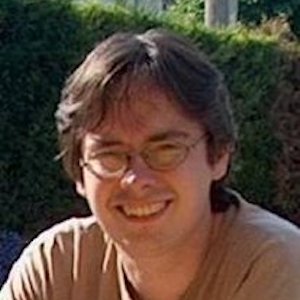
ERC FP7: Leonard Jan Prins

ERC Grantee: Leonard Jan Prins
Department: Chemical Sciences
Total Contribution: Euro 1.400.000,00
Project Duration in months: 60
Start Date: 01/10/2009
End Date: 01/10/2014
Leonard Jan Prins is Full Professor of Organic Chemistry at the Department of Chemical Sciences.
He completed his Master degree in Engineer and Chemical Technology (1997) and his PhD in Chemistry (2001) at the University of Tewnte, Enschede (NL). From October 2001 to September 2002 he was postdoctoral fellow at the California Institute of Technology in Pasadena (USA), and from November 2002 to December 2003 at the University of Padova, where he obtained a permanent position in 2004. His research interests focus on the development of synthetic structures that have a size and complexity similar to that of proteins and exploit these structures for molecular recognition and catalysis. In 2009 he received an ERC Starting grant for his project DYCOCA that aimed to develop a new methodology for studying and utilizing the noncovalent recognition between two molecular entities. He also participated as PI in WG1 (Catalysts) of the COST Action CM0905 on organocatalysis (2009-2014) and in the Management Committee of the COST Action CM1304 on emergence and evolution of complex chemical systems, as PI in Marie Curie ITN network READ (2011-2015) on replication and adaptation in molecular networks. At present, he is coordinator of MSCA ITN network MULTI-APP (2015-2019) on innovative applications of multivalent molecular systems and supervisor of MSCA IF NANOCARB (2015-2017) on self-selection of a multivalent nanosystem for carbohydrate recognition. For his research activity, he was awarded several national and international awards, including the H.J.-Backer price (2001) by the Dutch Royal Chemical Society (KNCV) for the best PhD-thesis in organic chemistry, the European Young Chemist Award (2008) by the European Association for Chemical and Molecular Sciences (EuCheMs), and the 'Ciamician' medal (2009) by the Organic Chemistry Division of the Italian Chemical Society (SCI).


